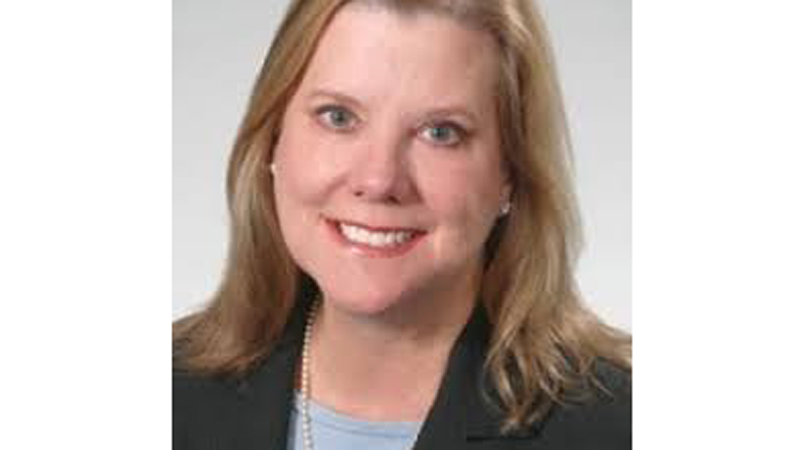Kemmerly: What should you do if have COVID-19, even if you are asymptomatic
Published 9:22 pm Friday, June 26, 2020

- Dr. Sandra A. Kemmerly
|
Getting your Trinity Audio player ready...
|
If you’ve tested positive for coronavirus, but you aren’t experiencing symptoms like cough, shortness of breath, fever or fatigue, you may be asymptomatic. While you may not be feeling sick, you can still spread the virus for at least 10 days to others who may have far more severe symptoms if they get infected. Below are a few things you should know if you’re asymptomatic with COVID-19.
How to take care of yourself
- Stay home
Even though you’re feeling fine, it’s still important that you stay home and self-isolate for at least 10 days, as you could spread the virus to others who may more susceptible to severe symptoms if infected than you. You shouldn’t leave home except to receive medical care, should you need it.
- Take care of yourself
Trending
You may be feeling perfectly normal, but you should still stay hydrated and get plenty of rest. If you develop any symptoms, you can take over-the-counter medicines, such as acetaminophen, to help treat a fever.
- Stay in touch with your doctor
If at any point you do start to have symptoms, including cough, shortness of breath or fever, you may want to consider talking to your doctor about receiving care. If you develop trouble breathing, persistent chest pain, confusion, inability to stay awake, or have blueish lips/face, you should seek emergency medical attention as these could be signs of low oxygen levels.
- Self-isolate at home
Even within your home, you should practice self-isolation if you have received a COVID-19 diagnosis. Stay in a specific room away from other people and pets in your home. If possible, use a separate bathroom. If you do need to interact with others, be sure to wear a face mask while doing so. It’s essential that you avoid vulnerable members of your household, such as the elderly or those with pre-existing health concerns. The CDC has recommendations for those living in close quarters or in shared housing.
- Avoid sharing household items and clean up after yourself
Limiting your exposure to other members of your household includes limiting your contact with their things as well. If possible, try not to share dishes, drinking glasses, cups, utensils towels or bedding. If some of these items must be shared make sure you are washing them thoroughly between uses.You should also be responsible for cleaning and disinfecting high-touch surfaces in your sick room and bathroom while someone else in your household should disinfect surfaces in the common areas to reduce the risk of cross contamination.
- Practice good cough and sneeze etiquette
Make sure that you are covering your nose and mouth with a tissue when you cough or sneeze to avoid spreading COVID-19. Immediately after, throw away your used tissues in a lined trash can and wash your hands with soap and water for at least 20 seconds.
When can you discontinue isolation?
Trending
People who tested positive for COVID-19 who have not had any symptoms may resume normal life when at least 10 days have passed since the date of their first positive COVID-19 test, so long as they remain asymptomatic.
It’s important to note that the CDC has provided this guidance based on available information about COVID-19 and is subject to change as additional information becomes available.
Once you discontinue complete isolation, you should continue to practice social distancing by limiting your exposure to others, maintaining 6 feet of distance andwearing a cloth face covering when out in public.
Social distancing is one of the easiest and most effective ways to prevent the spread of COVID-19.
Sandra A. Kemmerly, MD, MACP, FIDSA is the Ochsner Health System’s Medical Director for Hospital Quality and Infectious Disease Specialist. She has been practicing medicine for over 28 years and is board certified in internal medicine and infectious diseases. In addition to her administrative role, Dr. Kemmerly maintains an active practice at Ochsner Medical Center-Jefferson Highway as an infectious disease physician in the clinic and hospital.






